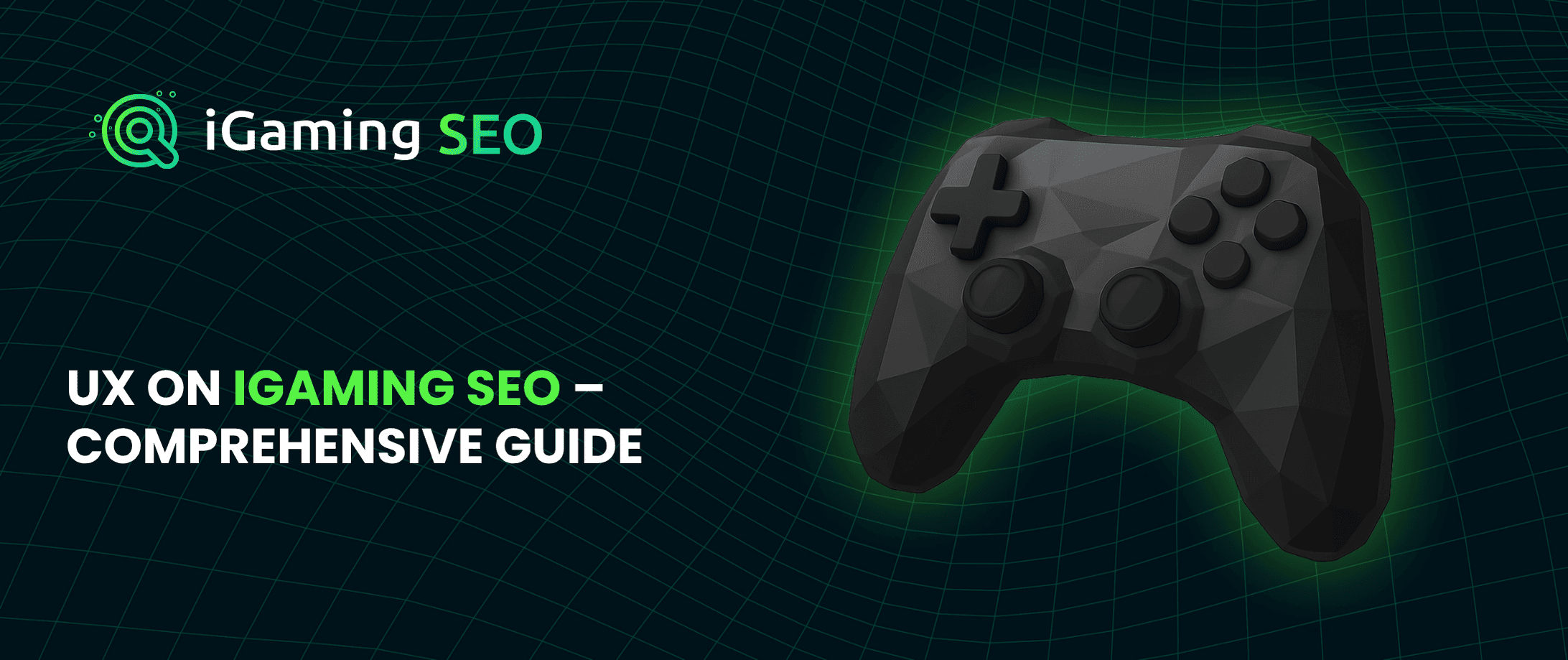
The iGaming industry has experienced tremendous growth in recent years, with online gambling platforms becoming increasingly popular. In this digital landscape, the success of an iGaming website depends on various factors, including user experience (UX) design and search engine optimization (SEO). Understanding the relationship between UX and SEO is crucial for creating a winning strategy that drives traffic, engages users, and boosts rankings. In this comprehensive guide, we will explore the key elements of UX design for websites iGaming and how they impact SEO and user experience. Let’s embark on a journey to unlock the secrets of creating immersive and user-friendly iGaming experiences.
The Role of UX Design for iGaming Websites
UX design plays a crucial role in shaping the user experience on iGaming websites. It focuses on creating a seamless and enjoyable interaction between the website visitors and the platform. In the context of iGaming, UX design encompasses various elements such as intuitive navigation, visually appealing interfaces, and engaging interactions.
Intuitive Navigation: A well-designed iGaming website should have a user-friendly navigation system that allows players to easily find their desired games, promotions, and support sections. Clear and logical menu structures, search functionalities, and categorization contribute to a smooth and intuitive navigation experience.
A well-designed iGaming website aims to meet the needs and expectations of its target audience. By focusing on UX design, businesses can optimize the user journey, minimize friction points, and create a user-friendly environment. When users have a satisfying experience on a website, they are more likely to stay longer, return in the future, and recommend the website to others.
A positive UX design enhances the overall experience, leading to longer session durations. When users find a website easy to navigate, visually appealing, and engaging, they are more likely to spend extended periods exploring different sections, playing games, and interacting with the website’s features. Longer session durations contribute to increased player value and a higher likelihood of achieving business objectives.
The Impact of UX on SEO
Contrary to popular belief, UX and SEO are closely intertwined. Search engines like Google prioritize websites that provide a positive user experience. Factors such as page load speed, mobile responsiveness, and intuitive navigation directly influence search rankings. By optimizing the UX of an iGaming website, businesses can improve their SEO performance and attract organic traffic.

Implementing UX Design for iGaming Websites:
To create a compelling UX for websites, several key elements should be considered:
- Intuitive Navigation: Clear and user-friendly navigation allows players to easily find the desired games, promotions, and support sections. A well-structured menu and logical information architecture are crucial.
- Visual Appeal: Eye-catching visuals and attractive design elements contribute to a memorable user experience. Engaging graphics, appropriate color schemes, and consistent branding enhance the overall aesthetic appeal.
- Responsive Design: With the increasing use of mobile devices, it’s essential to ensure that iGaming websites are fully optimized for different screen sizes. Responsive design guarantees a seamless experience across various devices and improves SEO performance.
The UX Checklist for iGaming Websites
To assist iGaming businesses in optimizing their websites, here is a UX checklist for website to consider:
- User Research: Conduct in-depth research to understand the target audience, their preferences, and pain points. This knowledge helps in tailoring the UX design to meet player expectations.
- Streamlined Registration: Simplify the registration process to reduce friction and encourage new player sign-ups. Implement a user-friendly form with clear instructions and minimal mandatory fields.
- Game Accessibility: Ensure easy access to a wide range of games with intuitive categorization, search functionalities, and filters. Implement features such as game demos and informative tooltips to enhance the gaming experience.
- Personalization: Utilize player data to deliver personalized recommendations, bonuses, and promotions. Customized experiences foster player loyalty and satisfaction.
- Performance Optimization: Optimize website speed, minimize loading times, and eliminate unnecessary redirects to provide a smooth and responsive experience.
- Trust and Security: Establish trust with players by prominently displaying security certifications, privacy policies, and responsible gaming measures.
The Role of SEO in Boosting User Experience
While design UX affects SEO, the reverse is also true. Effective SEO practices contribute to a positive user experience by improving website visibility, relevance, and accessibility. SEO strategies for iGaming websites include:
- Keyword Optimization: Conduct thorough keyword research to identify relevant terms and phrases that resonate with the target audience. Optimize website content, meta tags, and headings accordingly.
- Quality Content: Create engaging and informative content that appeals to both players and search engines. High-quality content enhances the overall user experience and encourages longer sessions.
- Mobile Optimization: Prioritize mobile optimization to cater to the growing number of players accessing iGaming websites through smartphones and tablets. Mobile-friendly websites contribute to a seamless user experience and improve SEO rankings.
Leveraging the Expertise of an iGaming SEO Agency
Given the complexity and competition in the iGaming industry, partnering with a specialized iGaming SEO Аgency can be advantageous. These agencies possess in-depth knowledge of the industry’s unique requirements and can provide tailored strategies to optimize UI UX for website and improve search rankings. Collaborating with an iGaming SEO agency ensures a comprehensive approach to website optimization.



